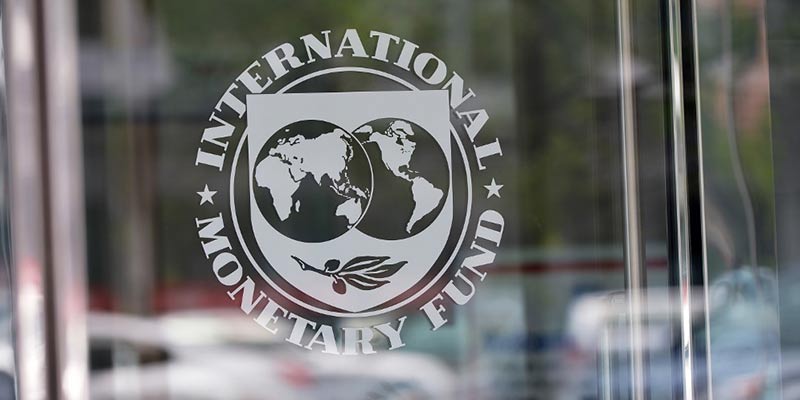- World
- May 10
- Sreesha V.M
IMF approves $1 billion loan for Pakistan
• The Executive Board of the International Monetary Fund (IMF) approved the immediate disbursement of about $1 billion to Pakistan under the ongoing Extended Fund Facility (EFF).
• This decision allows for an immediate disbursement of around $1 billion, bringing total disbursements under the arrangement to about $2.1 billion.
• In addition, the IMF Executive Board approved the authorities’ request for an arrangement under the Resilience and Sustainability Facility (RSF), with access of about US$1.4 billion
• The Extended Fund Facility provides financial assistance to countries facing serious medium-term balance of payments problems because of structural weaknesses that require time to address. To help countries implement medium-term structural reforms, the EFF offers longer programme engagement and a longer repayment period.
• Pakistan’s 37-month EFF was approved on September 25, 2024, and aims to build resilience and enable sustainable growth, with priorities including entrenching macroeconomic sustainability.
• The RSF will support Pakistan’s efforts to reduce vulnerabilities to natural disasters and to build economic and climate resilience.
India raises concerns over efficacy of programmes in Pakistan
• India earlier raised concerns over the efficacy of IMF programmes in the case of Pakistan, given its poor track record, and also on the possibility of misuse of debt financing funds for state-sponsored cross-border terrorism.
• New Delhi also opposed the IMF’s proposal to extend fresh loans of $2.3 billion to Pakistan, saying they could be misused for financing state-sponsored cross-border terrorism.
• India registered its protest at the board of IMF, which met on May 9 to review the EFF lending programme for Pakistan.
• New Delhi abstained from voting at the crucial IMF meeting.
• India’s opposition at the IMF comes at a time when military conflict between India and Pakistan has intensified after a terrorist attack in Kashmir’s Pahalgam.
• India pointed out that rewarding continued sponsorship of cross-border terrorism sends a dangerous message to the global community, exposes funding agencies and donors to reputational risks and makes a mockery of global values.
• Since 1989, Pakistan has had disbursements from the IMF for 28 years. In the past five years, there have been four IMF programmes.
• Had the previous programmes succeeded in putting in place a sound macro-economic policy environment, Pakistan would not have approached the Fund for yet another bail-out programme, India said.
• India pointed out that such a track record calls into question either the effectiveness of the IMF programme designs in case of Pakistan or their monitoring or their implementation by Pakistan.
International Monetary Fund (IMF)
• The IMF was conceived in July 1944 at the United Nations Bretton Woods Conference in New Hampshire, US.
• The 44 countries in attendance sought to build a framework for international economic cooperation and avoid repeating the competitive currency devaluations that contributed to the Great Depression of the 1930s.
• The IMF’s primary mission is to ensure the stability of the international monetary system — the system of exchange rates and international payments that enables countries and their citizens to transact with each other.
• Today, its membership embraces 191 countries, with staff drawn from 150 nations.
• India is a founder member of the IMF.
• Its headquarters is situated in Washington, D.C.
• The IMF is accountable to its member country governments.
• The Board of Governors, the highest decision-making body of the IMF, consists of one governor and one alternate governor for each member country. The governor is appointed by the member country and is usually the minister of finance or the governor of the central bank.
(The author is a trainer for Civil Services aspirants.)

